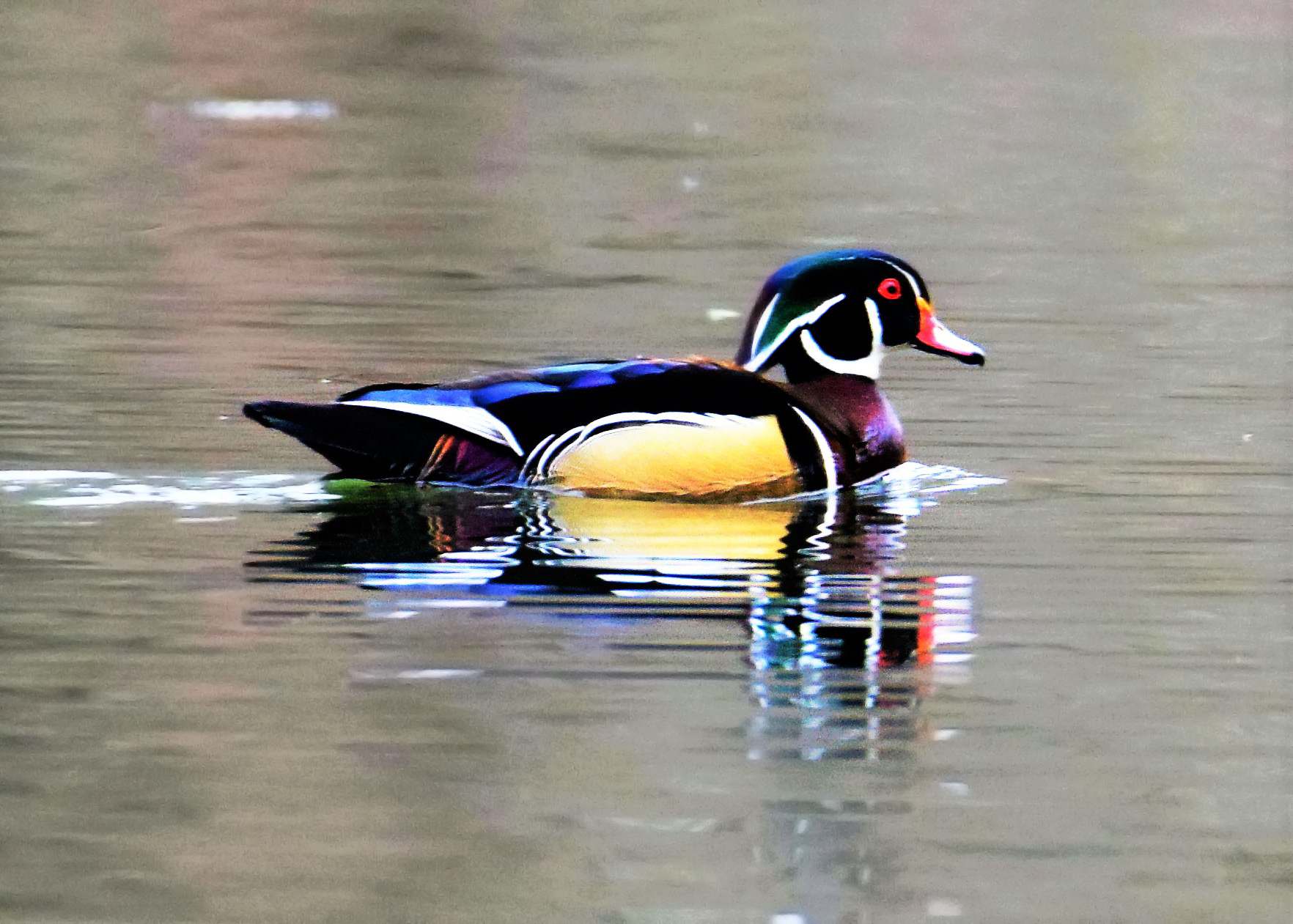April 19, 2022
The first 2021/22 detection of highly pathogenic avian influenza H5N1 in North America occurred in December 2021 in Newfoundland and Labrador, Canada. Subsequently, HPAI H5N1 had been confirmed in wild birds, backyard flocks, and commercial poultry facilities in both Canada and the United States from the east coast into the midwest. For the most up-to-date map on findings visit the USDA website.
Which wild bird species are affected?
Avian influenza can affect a variety of wild bird species, such as waterfowl (like ducks, geese, and swans), gulls and terns, and shorebirds. Wild birds that live in aquatic habitats tend to be natural reservoir hosts for the virus, meaning they carry it but do not typically get sick from it.
The current circulating strain has also been found to cause neurological symptoms in eagles and other birds of prey.
Guidance for homeowners
As this virus does not typically affect songbirds, there is no change in the recommended feeding guidance.
What should I do if I find a sick or dead bird?
If you find a sick bird, contact either your local animal control or one of NJ’s permitted wildlife rehabilitators. Do not attempt to care for these animals on your own.
You can find a list permitted wildlife rehabilitators by county here.
For deceased birds, it is recommended that while wearing gloves and a mask (as this is a respiratory disease) you double bag the birds and dispose of them. NJ Fish and Wildlife is not currently testing birds for surveillance purposes as it has been established that wild birds are a natural reservoir of the virus (namely waterfowl), and it has already been identified in those populations in New Jersey.
For more information on detections of highly pathogenic avian influenza in wild birds visit the USDA APHIS website for updates.
If multiple birds are found dead in a small area over a short period of time, please contact either 1-877-WARNDEP or Dr. Nicole Lewis (nicole.lewis@dep.nj.gov) for assistance.
Can my family or my pets get it?
Avian influenza is considered a zoonotic (able to be transmitted from animals to humans) disease and has been documented in other countries in humans, dogs, and cats, though the risk is considered low. Therefore, if you see a sick bird, it is best to contact either your local animal control or permitted wildlife rehabilitator for guidance.
Though there have been no cases of this strain of avian influenza in pets or humans in North America to date during this outbreak do not handle the bird without gloves and a mask.
If you have questions about the health of your poultry please visit https://www.nj.gov/agriculture/divisions/ah/.
